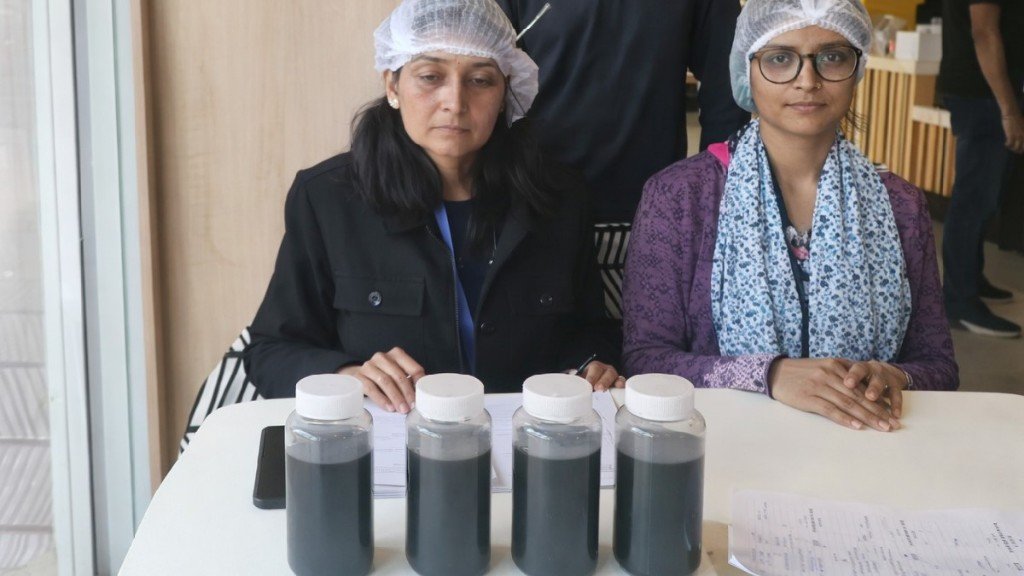Academics found growth in fast food outlets was higher in poorer areas of Norfolk. Photograph: Alamy
Study finds takeaway food sector grew 45% in Norfolk 1990 to 2008, reinforcing calls to give councils stronger powers to limit junk food outlets.
Growing numbers of fast food takeaways such as fried chicken and kebab shops are opening up, especially in deprived areas, fuelling fears that the dietary divide between rich and poor will widen further, researchers report today.
A study found that the number of takeaway outlets rose by 45% in Norfolk between 1990 and 2008, a trend which food and public health experts said was reflected across the rest of the UK.
University of Cambridge academics looked at the growth in places selling ready-to-eat hot food off the premises, including Indian and Chinese takeaways and fish and chip shops.
They found that the number of takeaways serving Norfolk's 797,000 population increased from 265 to 385. However, the biggest expansion in proportional terms was in the country's poorer areas. The biggest percentage increase (58%) was from 1.7 to 2.7 outlets per 10,000 people in so-called middle-deprived areas, as judged on the Townsend Index, which most UK health authorities use to measure deprivation.
But the biggest jump in absolute terms was in Norfolk's most deprived areas, where the number rose from 4.6 to 6.5 outlets per 10,000 people - up 43%.
The least deprived areas - as defined by the index's measure of employment, car and home ownership and household overcrowding - saw the smallest increase, up from 1.6 to 2.1 outlets per 10,000 people, or an increase of 30%.
"The Norfolk findings are confirmation of the iniquity of successive governments in not taking on a food industry whose outlets blight the landscape in so many areas of the country. It is scandalous that food loaded with fat, salt and sugar is still allowed to sold especially within reach of our children," said Tam Fry, a spokesman for both the National Obesity Forum and the Child Growth Foundation.
"Town halls want to put a stop to it and have pleaded that the first Queen's Speech of the new parliament heralds a law to give them new authority over local licensing decisions. The Norfolk findings are generalisable across the country, particularly in urban areas. Local councils are desperate to limit junk food outlets increase or ban them outright but, like rabbits caught in the headlights, are petrified to do so in the face of face of legal challenges and red tape," said Fry.
The Local Government Association, which represents about 350 councils in England, wants the incoming administration to bring forward a public services bill which would give councils greater authority over licensing decisions.
In 2012 the Greater London Authority proposed introducing a limit on the number of fast food outlets that are allowed to open up in one district, to avoid them "clustering", often in poorer areas or close to schools. That idea has backing from Public Health England, the National Institute for Health and Care Excellence (Nice) and the Academy of Medical Royal Colleges, which represents the UK's 250,000 doctors.
Previous research has confirmed a close link between deprivation and access to fast food. "The growing concentration of takeaway outlets in poorer areas might be reinforcing inequalities in diet and obesity, with unhealthy neighbourhoods making it more difficult to make healthy food choices", said Dr Pablo Monsivais, one of the authors, who works at University of Cambridge's Centre for Diet and Activity Research.
Their findings are published in the journal Health and Place. The researchers used Yellow Pages telephone directories to chart the growth in premises selling energy-dense foods that often contain large amounts of fat.
"This study adds to the evidence that the fast food industry is targeting the poorest areas," said Martin McKee, a professor of European public health at the London School of Hygiene and Tropical Medicine.
"Although the density of fast food outlets is only one factor in the obesity crisis facing Britain, it is one where something can be done. The NHS reforms gave local authorities [in England] responsibility for public health. Given that obesity and inequalities are two of their top public health priorities, we now need to see them use the full range of powers available to them, and especially the planning system."
A few councils in England have sought to limit the number of fast food outlets, but only for new openings.










